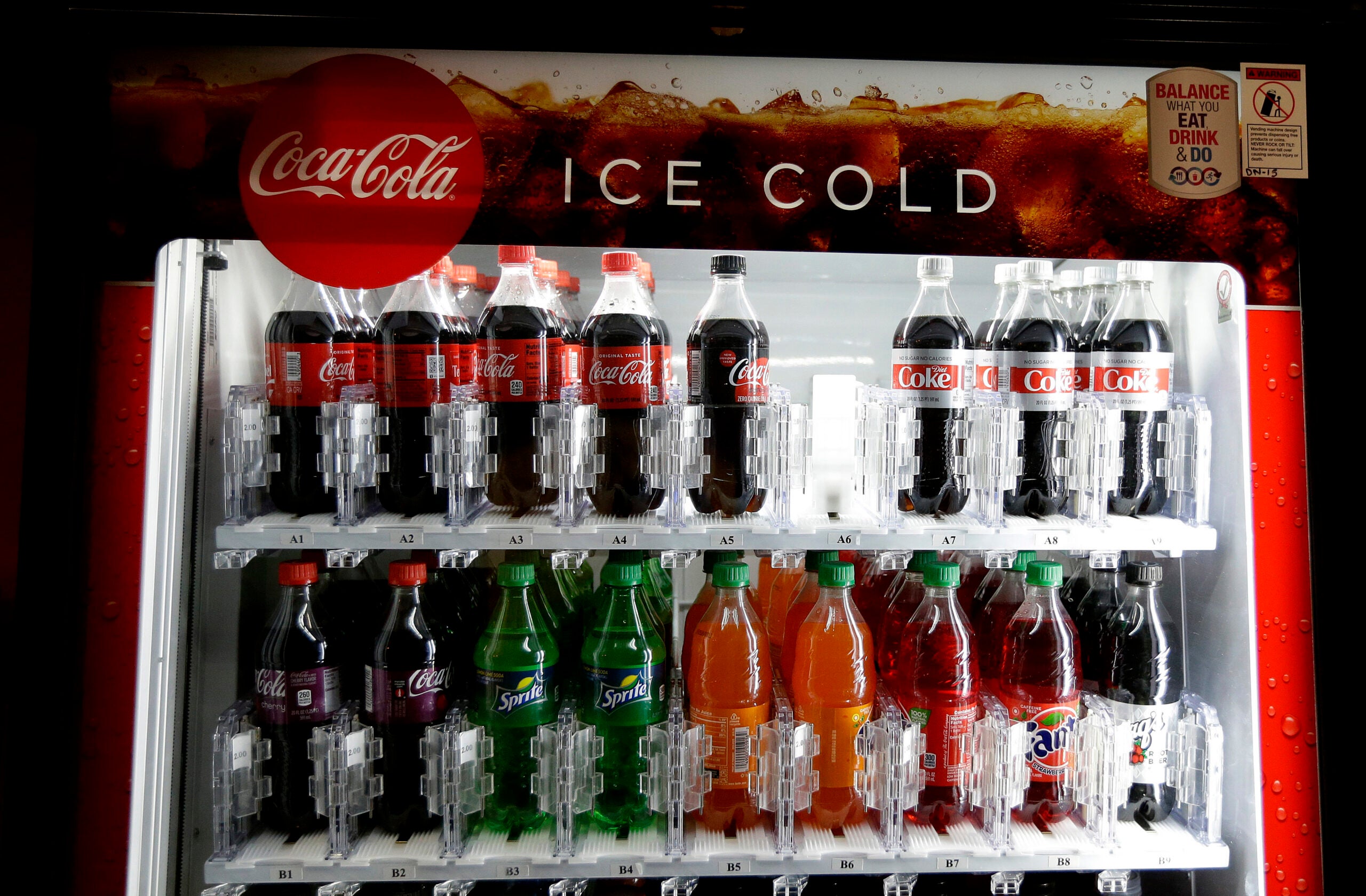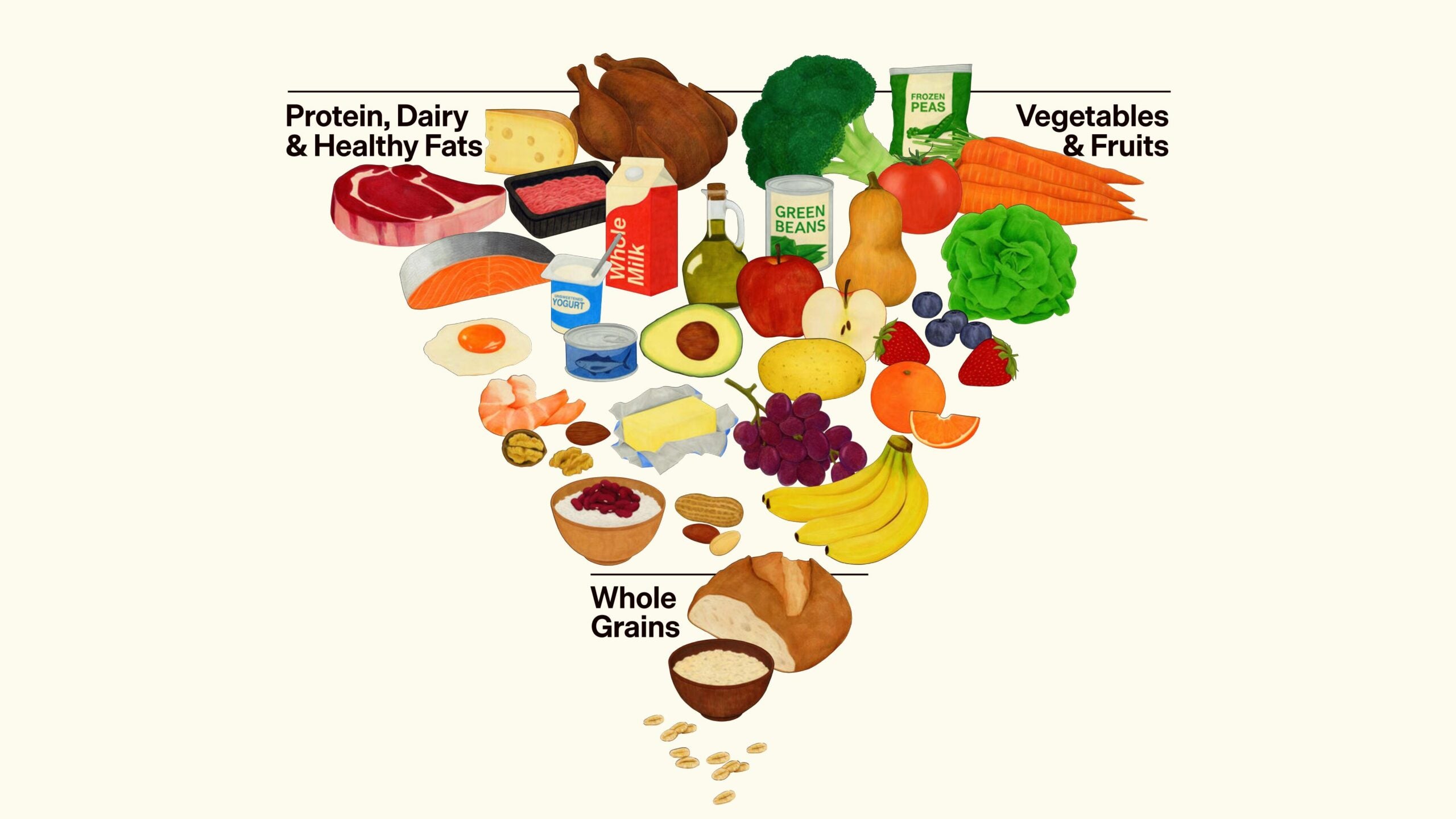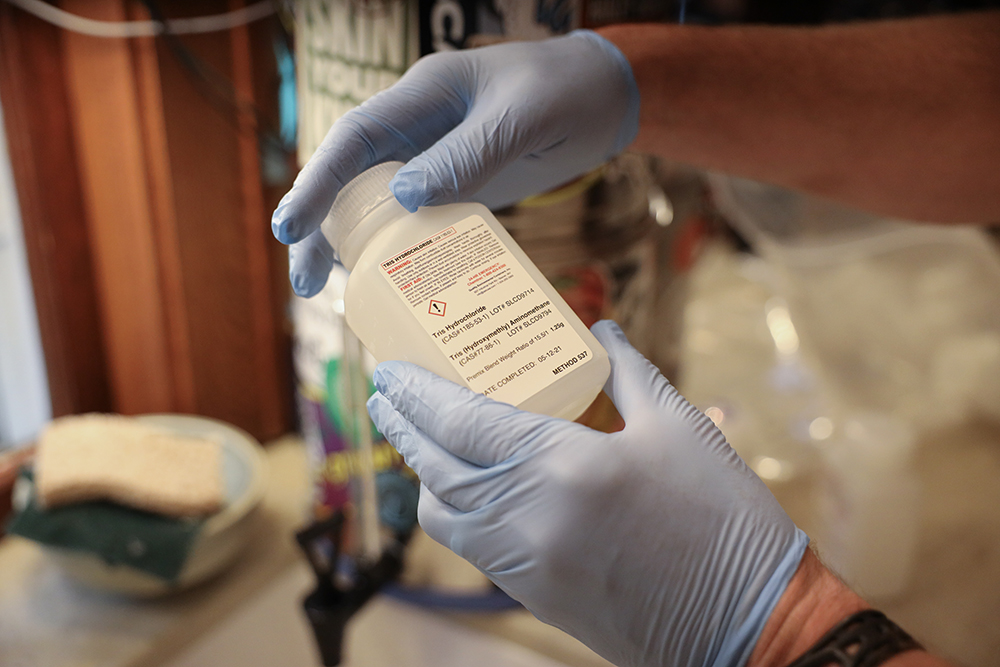Despite renewed warnings over use of the artificial sweetener aspartame, a Wisconsin scientist who studies sweeteners says the ingredient is generally safe to consume.
This year, the World Health Organization recommended against using artificial sweeteners like aspartame to control body weight and reported that aspartame could possibly be cancer-causing.
But the agency also found the artificial sweetener is likely fine when consumed at typical levels. Dr. Francesco Branca, who oversees the WHO’s nutrition and food safety department, said the study highlighted the need for further research.
News with a little more humanity
WPR’s “Wisconsin Today” newsletter keeps you connected to the state you love without feeling overwhelmed. No paywall. No agenda. No corporate filter.
“Cancer is one of the leading causes of death globally. Every year, 1 in 6 people die from cancer,” Branca said in a July press release. “Science is continuously expanding to assess the possible initiating or facilitating factors of cancer, in the hope of reducing these numbers and the human toll.”
Stephanie Olivier-Van Stichelen is an assistant professor of biochemistry at the Medical College of Wisconsin. On Wisconsin Public Radio’s “Central Time,” she said her research agrees with the WHO that artificial sweeteners are primarily safe for consumers.
The WHO’s “possibly carcinogenic” label broadly covers many products and typically means scientists want there to be more research before drawing serious conclusions, Olivier-Van Stichelen said. The United Nations health agency also lists “carcinogenic” and “probably carcinogenic” categories for different products.
“One thing that we’ve come to appreciate in our research is we know that artificial sweeteners are safe for a general population,” she said. “But there may be some specific conditions in which artificials might not be as recommended.”
Olivier-Van Stichelen’s research focuses on the effects of drinking sweeteners during pregnancy. Because fetuses are developing in the womb, sweeteners without nutritional content may alter how bodies react when encountering sweet food, Olivier-Van Stichelen said.
Sweet receptors exist throughout the human body. And those receptors, especially in the gut, cannot tell the difference between traditional sugars and artificial sweeteners, Olivier-Van Stichelen said.
Another challenge: The Food and Drug Administration doesn’t require companies to list how much of a sweetener is added to a product, Olivier-Van Stichelen said. So, while a can of diet soda may list aspartame or another sweetener in its ingredients, scientists can’t test knowing exactly how much of a sweetener people have consumed.
Wisconsin Public Radio, © Copyright 2026, Board of Regents of the University of Wisconsin System and Wisconsin Educational Communications Board.





